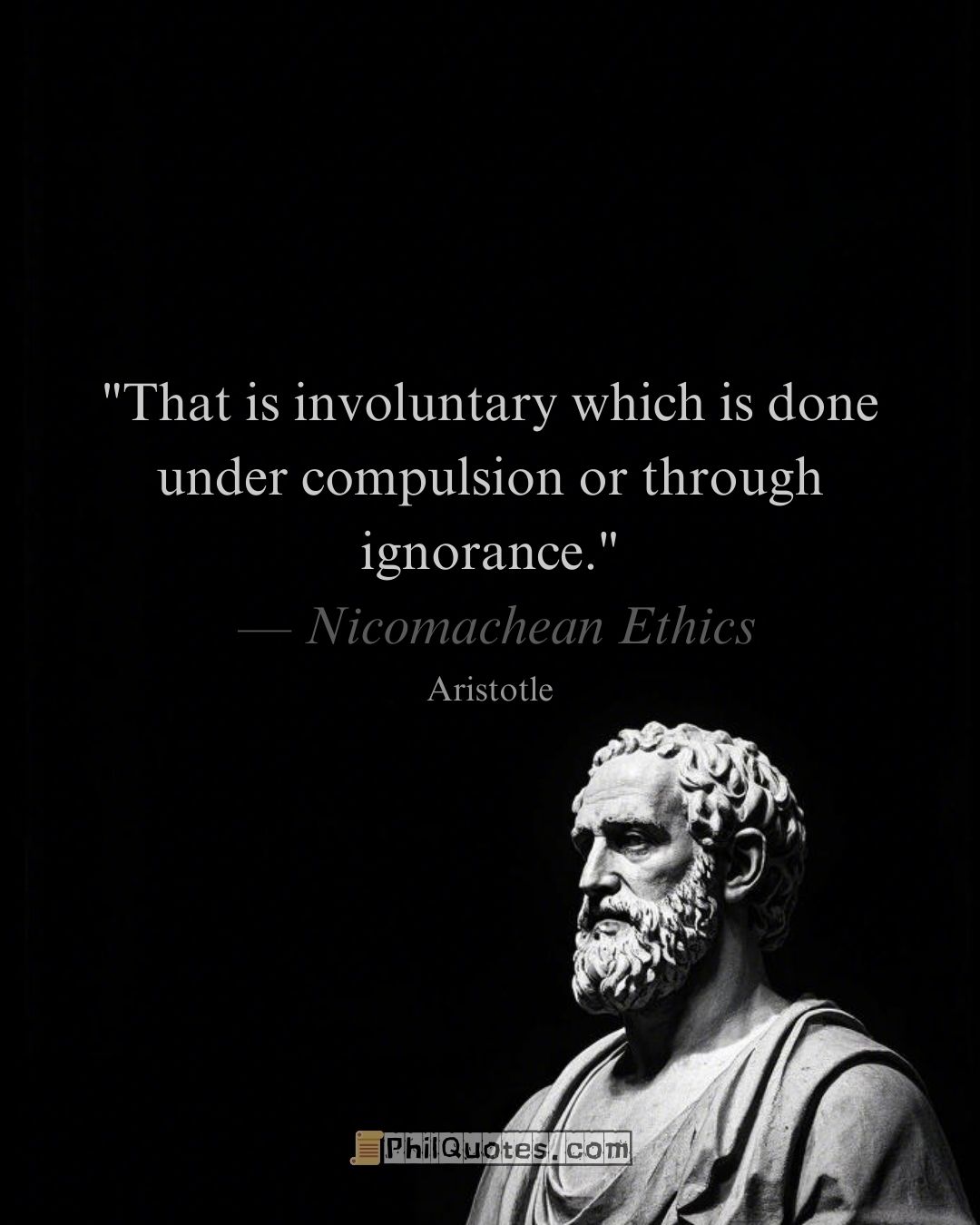
“That is involuntary which is done under compulsion or through ignorance.”
— Aristotle, Nicomachean Ethics, Book III, Chapter 1
(Translated by W.D. Ross)
The Big Idea
True responsibility only applies to choices you control. Think:
- Forced actions = Like being pushed by a strong wind 🌪️ (you didn’t choose it)
- Ignorant mistakes = Accidentally using your friend’s pen ✏️ (you didn’t know)
Real-Life Scenarios
🔥 Test Pressure
Involuntary = You copy answers because your friend threatens you → Pity, not blame.
Voluntary = You cheat to get a better grade → That’s on YOU.
🤝 Lunchroom Accident
Involuntary = Tripping and knocking over a tray → “Oops, my bad!” → Gets forgiven.
Voluntary = Throwing food as a “joke” → Gets detention → Fair consequence.
📱 Social Media Slip
Involuntary = Sharing fake news without knowing → Delete + apologize = ✅
Voluntary = Posting lies to hurt someone → Blocked by friends = ⚠️
Try This Week
- Spot the Difference
- Write down 3 things you had to do (parent rules) vs. chose to do (TikTok scrolling).
- Circle the ones you truly controlled.
- The “Why” Check
Before feeling guilty, ask:
“Was I forced? ❌ Did I not know? ❌ → Then it’s not fully my fault.” - Forgiveness Practice
Tell a friend one thing they did accidentally that you don’t blame them for.